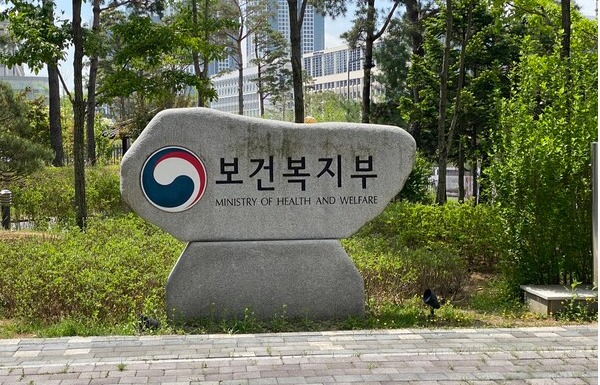The Korean government has requested drug distributors to prioritize the distribution of immunoglobulin products, utilized in treating immunodeficiency in pediatric and critically ill patients, to children's hospitals.
Nam Hoo-hee, head of the Pharmaceutical Policy Division at the Ministry of Health and Welfare, unveiled the plan during a meeting with reporters, outlining how the government intends to address the unstable supply of immunoglobulin and other medications.

On February 29, the health and welfare ministry convened the 13th public-private consultation body on the unstable drug supply, focusing on the shortage of tuberculosis (TB) drugs, immunoglobulin, and aminophylline.
Among these three items, immunoglobulins have experienced supply disruptions due to a decline in blood donations and an uptick in the price of imported plasma. Its supply volume decreased in 2023 compared to 2022.
Nam noted that the government has urged the distribution industry to collaborate with children's hospitals in prioritizing the supply of immunoglobulin items.
"Given that immunoglobulins treat pediatric critical immunodeficiency and are not widely utilized, they are allocated to medical institutions that procure them in large quantities," he explained.
"Therefore, we have compiled a list of children's hospitals and forwarded it to the drug distribution association, requesting their cooperation in prioritizing supply to these medical institutions."
Regarding aminophylline injections, Nam added that the Ministry of Food and Drug Safety (MFDS) is contemplating administrative support measures due to issues with the supply of raw materials.

